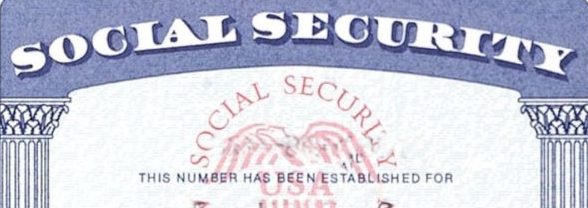Summary of President Trump’s Payroll Tax Memorandum
Prepared by Davis and Harman
The payroll tax memorandum was signed by President Trump on August 8, 2020. It directs the Secretary of the Treasury to implement a delay of certain employees’ obligations to pay certain Social Security taxes. The Payroll tax provision awaits Treasury guidance and according to the Executive Order applies to the period September 1, 2020, through December 31, 2020.
- The memorandum only applies to the 6.2% Social Security tax on employees. It does not apply to the employer’s obligation to pay a parallel 6.2% tax, and it does not apply to the Medicare insurance tax of 1.45%. (click to read more about the press reports saying that it also applies to the Medicare tax are incorrect.) It also does not apply to the parallel taxes on self-employment income. Then if you are struggling to manage your payroll there are often better solutions available and one is to use a payroll service which will completely manage your payroll.
- The memorandum only applies to employees generally earning less than $104,000 annually: Specifically, it applies to “any employee the amount of whose wages or compensation, as applicable, payable during any bi-weekly pay period generally is less than $4,000, calculated on a pre-tax basis, or the equivalent amount with respect to other pay periods.”
- The memorandum only provides a delay of the tax obligation, not forgiveness. The obligation to pay the 6.2% is delayed with respect to wages paid during the period from September 1, 2020 through December 31, 2020. The Secretary of the Treasury has the discretion regarding how long the delay is, up to one year. The Secretary will presumably address the length of the delay in the implementing guidance he is directed to issue. The memorandum also directs the Secretary to ”explore avenues, including legislation, to eliminate the obligation to pay the taxes deferred pursuant to the implementation of this memorandum.” It would appear that such forgiveness would require legislation.
- No penalties or interest shall apply to those who use the delay.
- There is no relief with respect to employers’ withholding obligation. So if the delayed taxes are not forgiven and are not paid by the employee, the employer would appear to have liability for the payment of the taxes.
- Employers are not required to take advantage of the delay. This issue is not explicitly addressed, but it appears that the employer may decide to continue withholding an amount equal to the deferred taxes. (In light of the lack of relief for employers, doing so may be prudent, since, for example, employees being paid this fall may no longer be employed when the delay expires.) The memorandum does not address what an employer should do if it decides to continue withholding such amounts. (For example, should the employer send such withheld amounts to the IRS? Presumably, yes.) Presumably, the Secretary’s implementing guidance will address this.


